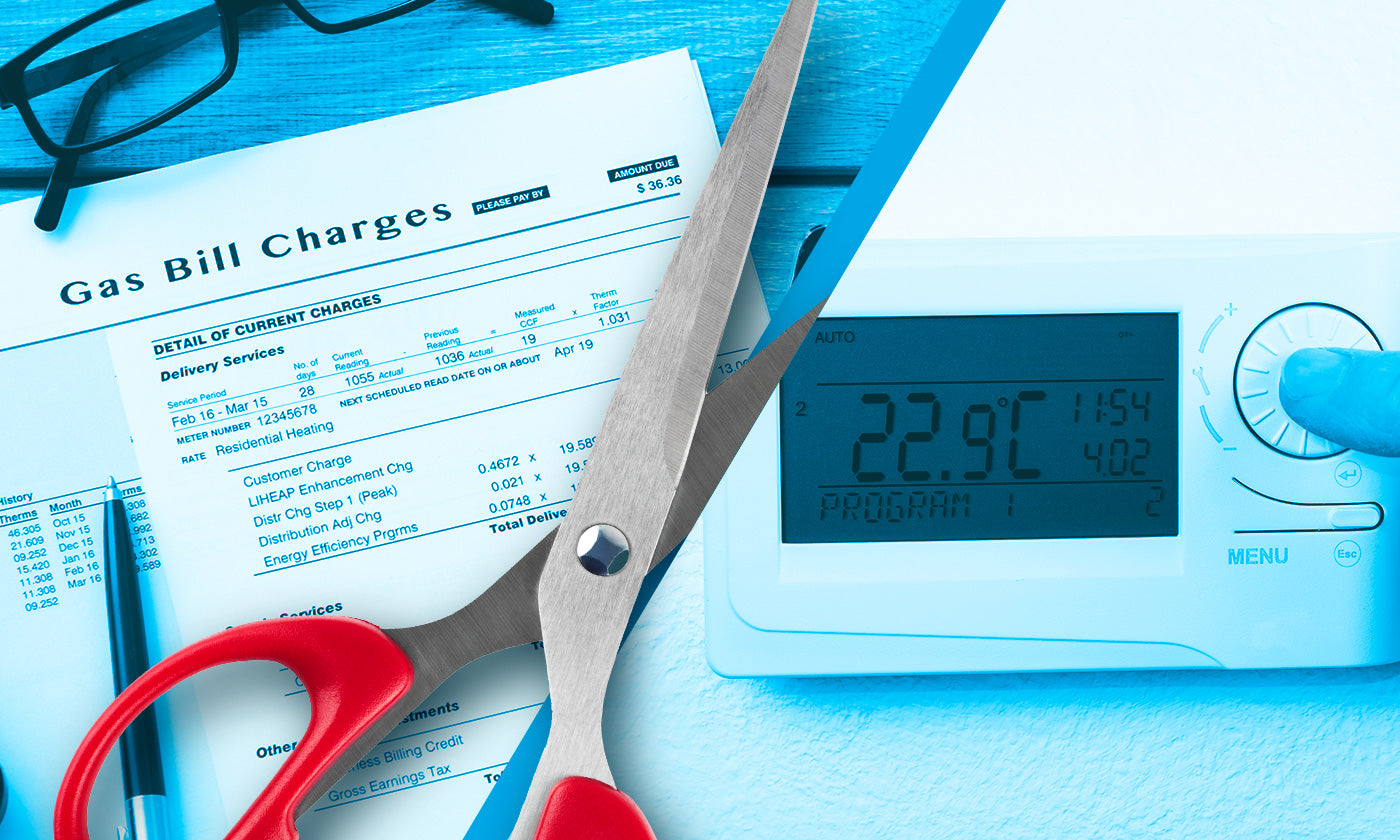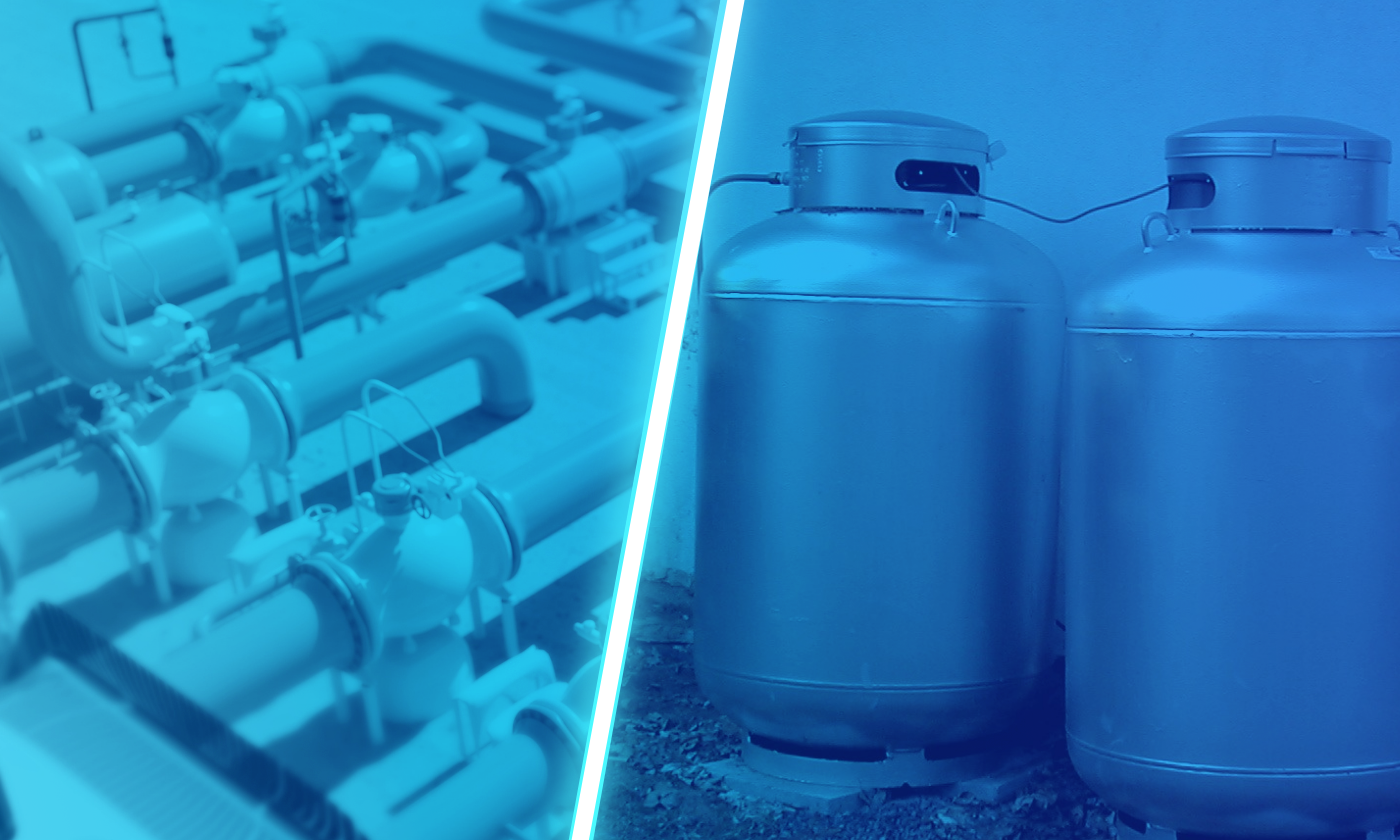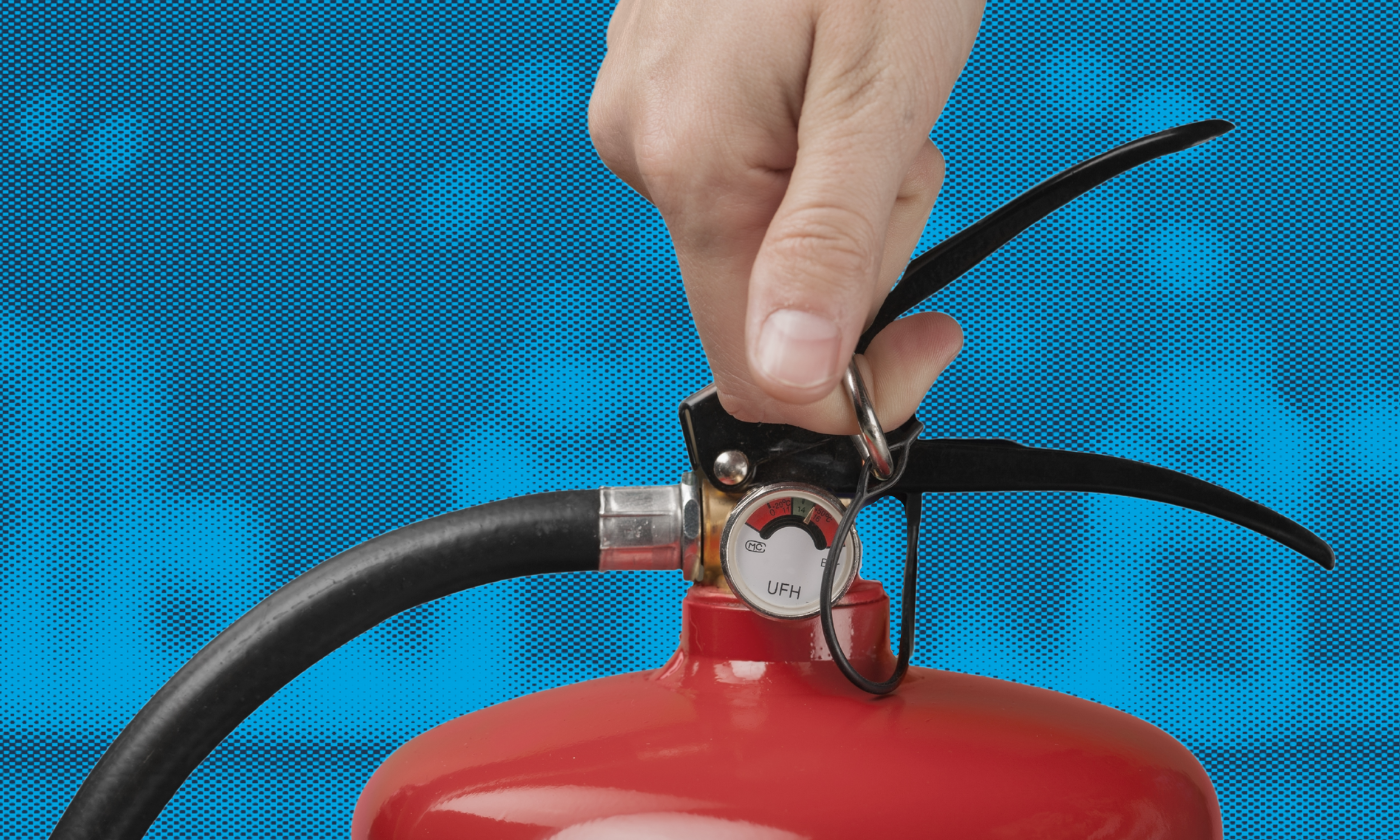During the summer season, energy consumption tends to surge as air conditioning units work overtime to maintain a cool indoor temperature. Consequently, natural gas bills can skyrocket if efficient prevention measures aren't put in place. It's essential to strike a balance between enjoying a comfortable home and lifestyle in the summer months and keeping your natural gas expenses in check. By implementing smart energy-saving practices and staying vigilant about potential gas leaks, you can ensure both financial savings and the well-being of your loved ones.
We will cover various approaches to saving on your natural gas bill this season. We'll explore energy-efficient habits that can be employed to cool your home while minimizing gas consumption. From adjusting your thermostat and ceiling fan settings to optimizing water heater usage, a range of effective strategies will keep your energy usage in check without sacrificing your comfort.
Tips and Tricks to Save
Homeowners and renters can save money on their natural gas bills during the warmer months by changing their habits. Here are some of the best ways to start saving:
Turn down your water heater.
Water heaters are a significant source of energy consumption in most households, which makes it a large contributor to your natural gas bill. Adjusting the temperature setting on your water heater can achieve significant savings without sacrificing comfort. Most water heaters are typically set to temperatures higher than necessary, some even reaching or passing 120 degrees. By adjusting to a lower temperature, you can still enjoy hot water for daily activities while reducing the amount of natural gas required to heat it. This can result in substantial energy savings over time. Another helpful tip is to reduce the number of baths taken in this season because running the water for long enough to fill a standard bathtub requires a lot of energy consumption to heat, and therefore increased levels of natural gas.
Change ceiling fan rotation.
While we often associate ceiling fans with keeping us cool, they can also be used strategically to improve energy efficiency. By adjusting your ceiling fan to change the direction of the blades, you can create more efficient airflow that circulates warm or cool air throughout your living space in every season. In the warmer months, running your ceiling fan counterclockwise at a low speed will circulate the cool air more evenly and effectively. This allows you to lower your thermostat setting while maintaining a comfortable temperature, reducing the need for excessive natural gas usage. The opposite can be used to encourage warmer airflow in the winter months.
Move your furniture.
Air ducts play a vital role in distributing air from your HVAC system throughout your living spaces. However, when furniture blocks the airflow, it impacts the efficiency of your cooling system. The obstructed air ducts are forced to work harder and longer to circulate air, leading to increased energy consumption and higher natural gas bills. By rearranging your furniture to keep it clear of air ducts, you allow the air to flow freely and efficiently throughout the room.
Compare natural gas prices.
Natural gas prices can vary significantly depending on factors like geographical location, market conditions, and competition among suppliers. By comparing prices and available plans, you can identify the most cost-effective option for your natural gas needs. Many utility companies and independent energy suppliers offer different pricing plans, including fixed and variable rates. By researching and comparing these plans, you can select the one that aligns with your budget and energy usage patterns to get the best deal for your lifestyle.
Denova Detect Natural Gas Detector
If you’re still noticing high costs on your monthly bill, there could be a hidden natural gas leak somewhere in your house or residence. It is important to identify these gas leak symptoms as quickly as possible so that you can eliminate the source and avoid their dangerous impacts.
Since natural gas can be tricky to identify apart from its “rotten egg” smell, it is important to equip your home with a reliable natural gas detector. Investing in a natural gas alarm is always a worthwhile investment in the safety of your home, yourself, and your loved ones.
Our Denova Detect natural gas detector is a state-of-the-art natural gas alarm that stands at the forefront of modern detection technology. Developed using our superior patented sensor technology, it is the best home natural gas detector on the market, alerting you to a gas leak 11 minutes earlier than its competition. It also has unrivaled longevity with its six-to-ten-year battery and product service life, unmatched by any other battery-powered natural gas alarm in the United States.
Ready to provide your home with the best natural gas safety? We’re here to help.
Email us at info@denovadetect.com or visit us the Denova Detect website.





Leave a comment
This site is protected by hCaptcha and the hCaptcha Privacy Policy and Terms of Service apply.